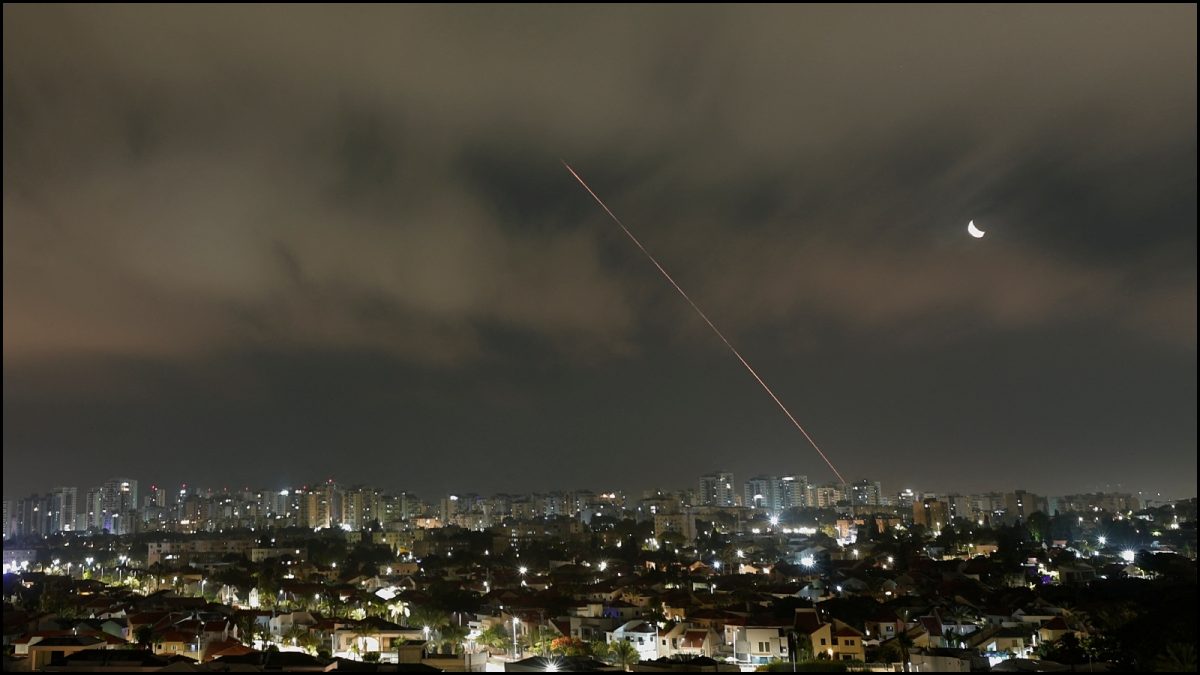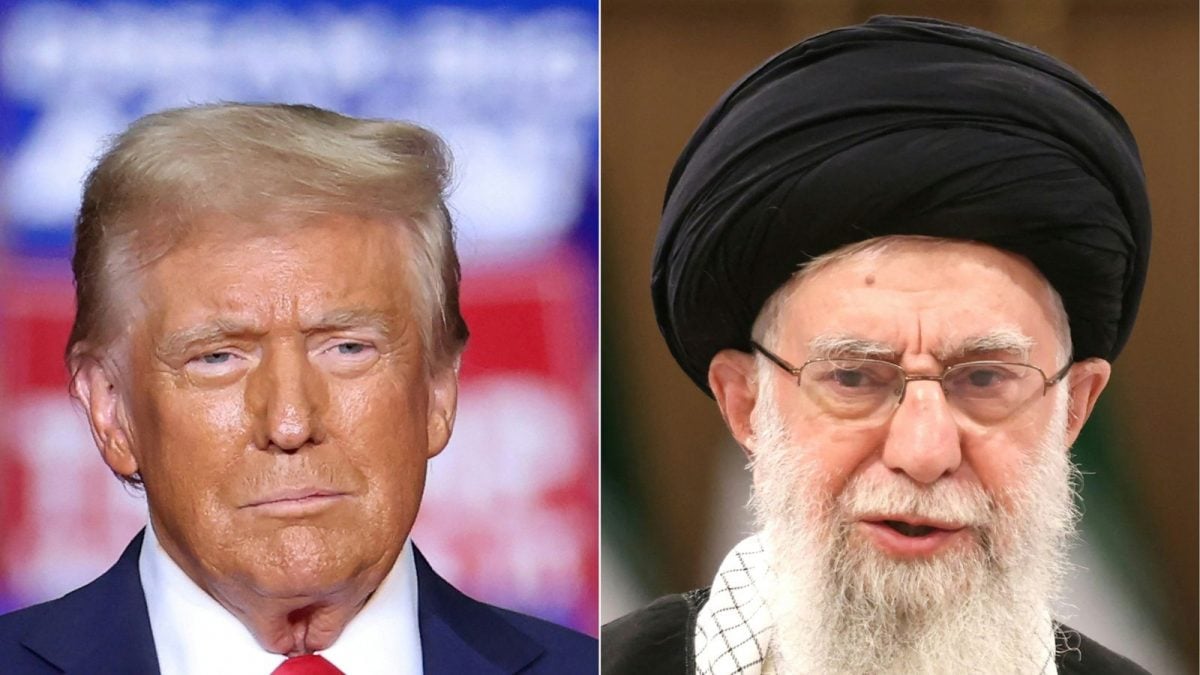ARTICLE AD BOX
Last Updated:June 22, 2025, 19:05 IST
The country, which had recommended US President Donald Trump’s name for the 2026 Nobel Peace prize on June 21, condemned the strikes on Tehran on June 22

US President Donald Trump hosted Pakistan's army chief Asim Munir for a closed-door lunch at the White House on June 18. (File images: AP/PTI)
The United States’ strikes on the nuclear sites in Iran is a major diplomatic setback for Pakistan.
The country, which had recommended US President Donald Trump’s name for the 2026 Nobel Peace prize on June 21, condemned the strikes on Tehran on June 22.
“Pakistan condemns the US attacks on Iranian nuclear facilities which follow the series of attacks by Israel. We are gravely concerned at the possible further escalation of tensions in the region," said Pakistan’s Foreign Minister Ishaq Dar in an official statement.
WHAT HAPPENED ON JUNE 21?
Pakistan lauded Trump for his role in negotiating the May 2025 India-Pakistan ceasefire, a move they believed demonstrated his commitment to peace. India has maintained that the US had no role in putting Operation Sindoor on halt and that the ceasefire was agreed upon based on Pakistan’s request. Pakistan’s Army Chief Asim Munir’s White House meeting with Trump on June 18 also signalled closer ties.
“Pakistan’s nomination of Trump for the Nobel Peace Prize was not just a symbolic gesture. It was a strategic effort to secure the U.S. support on key issues such as the Kashmir conflict and economic cooperation in emerging sectors like cryptocurrency and critical minerals," said intelligence sources.
Analysts said Pakistan was also attempting to appeal to Trump’s ego in the hope of dissuading him from taking aggressive action against Iran, thus maintaining regional stability and gaining leverage in their ongoing diplomatic efforts.
WHAT HAPPENED ON JUNE 22?
The U.S. strikes on June 22 have put Pakistan in a precarious position. The country, which shares a 900-km border with Iran, relies heavily on Tehran for trade, security, and the stability of its Shia community, which constitutes 15-20% of its population. The escalation threatens to destabilise Balochistan, a region already plagued by separatist movements, and could potentially embolden Sunni jihadist groups like Jaish al-Adl.
While Tehran has refrained from publicly criticising Pakistan, the trust between the two neighbours is undoubtedly strained.
Indian intelligence sources said Pakistan’s diplomatic manoeuvre with the Nobel nomination was fraught with risks, given its significant dependence on Iran. The fallout from the U.S. strikes underscores Islamabad’s limited influence in the broader U.S.-Iran conflict and highlights the fragility of its multi-alignment strategy.
“Moving forward, Pakistan faces the daunting task of balancing its relationships with both Tehran and Washington. This requires deft diplomacy to navigate an increasingly complex geopolitical landscape, a challenge that appears near-impossible amid the current crises," said sources.
Group Editor, Investigations & Security Affairs, Network18
Group Editor, Investigations & Security Affairs, Network18
- Location :
- First Published:
News world Nobel Recommendation To Condemnation: How Iran Strikes Strain Pakistan’s Ties With US | Exclusive



.png)
.png)
.png)
















 4 hours ago
6
4 hours ago
6










 English (US) ·
English (US) ·